Browse all events for April 24.
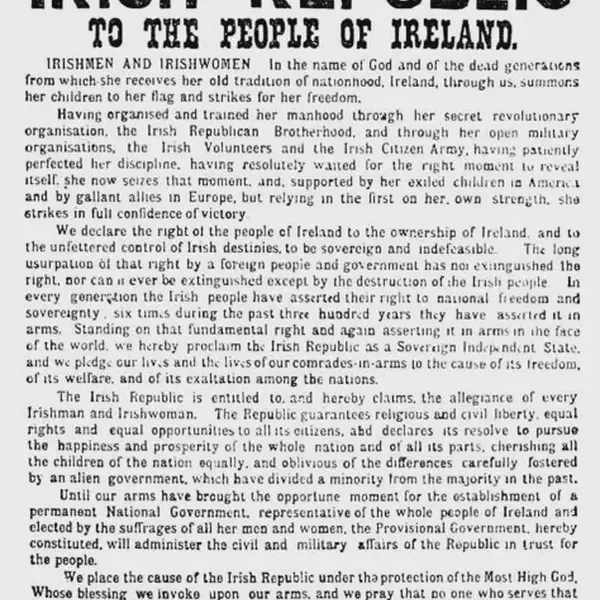
Irish Volunteers and Citizen Army seize the General Post Office (GPO) in Dublin
The Easter Rising (Irish: Éirí Amach na Cásca) was a rebellion staged in Ireland against British rule on Easter Monday in April 1916. Despite its military failure, it can be judged as being a significant stepping-stone in the eventual creation of the Irish Republic.
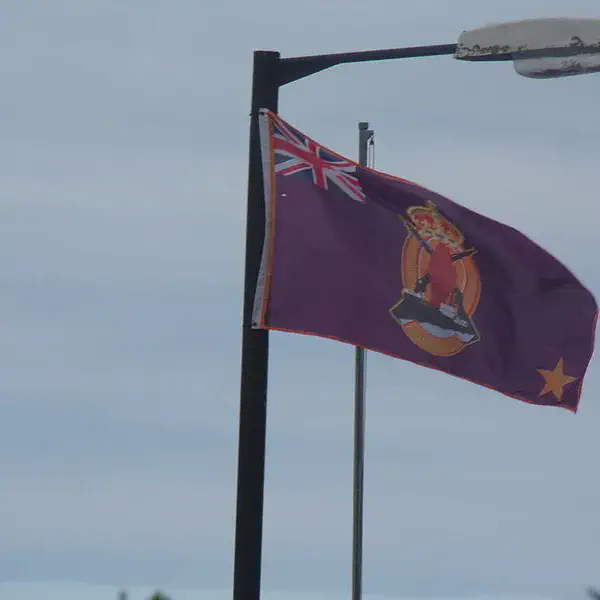
Large supply of guns from Germany are landed at Larne for the Ulster Volunteer Force (UVF)
The Larne gun-running was a major gun smuggling operation organised in April 1914 in Ireland by Major Frederick H. Crawford and Captain Wilfrid Spender for the Ulster Unionist Council to equip the Ulster Volunteer Force.
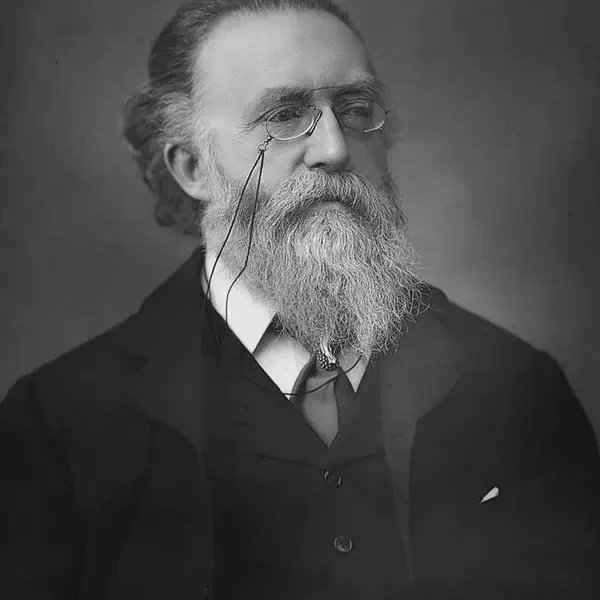
Irish novelist, historian and politician, Justin McCarthy, dies
Justin McCarthy (22 November 1830 – 24 April 1912) was an Irish nationalist, journalist, historian, novelist and politician. He was a Member of Parliament (MP) from 1879 to 1900, taking his seat in the House of Commons of the United Kingdom of Great Britain and Ireland.
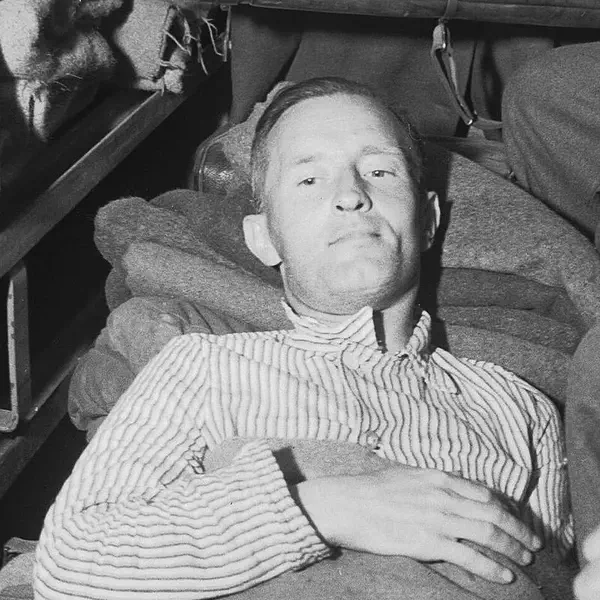
William Joyce aka Lord Haw-Haw; born in Brooklyn, New York
William Brooke Joyce (24 April 1906 – 3 January 1946), nicknamed Lord Haw-Haw, was an American-born fascist and Nazi propaganda broadcaster during the Second World War. After moving from New York to Ireland and subsequently to England, Joyce became a member of Oswald Mosley’s British Union of Fascists (BUF) from 1932, before finally moving to Germany at the outset of the war where he took German citizenship in 1940.
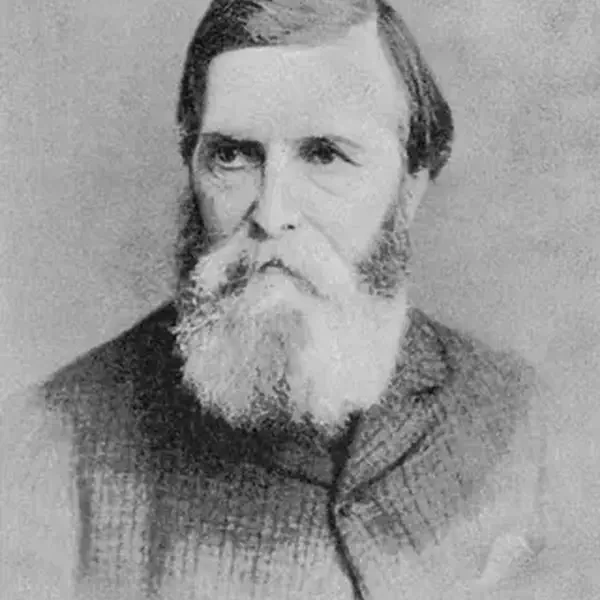
Novelist R.M. Ballantyne, who wrote 90 books, the best known of which was The Coral Island, was born in Edinburgh.
Robert Michael Ballantyne (24 April 1825 – 8 February 1894) was a Scottish author of juvenile fiction, who wrote more than a hundred books. He was also an accomplished artist: he exhibited some of his water-colours at the Royal Scottish Academy.

Thomas Emmet, nationalist and brother of Robert Emmet, is born in Dublin
Thomas Addis Emmet (24 April 1764 – 14 November 1827) was an Irish and American lawyer and politician. In Ireland, in the 1790s, he was a senior member of the Society of United Irishmen as it planned for an insurrection against the British Crown and Protestant Ascendancy. In American exile, he took up legal practice in New York, earned a reputation as a staunch abolitionist, and in 1812 to 1813 served as the state’s Attorney General.
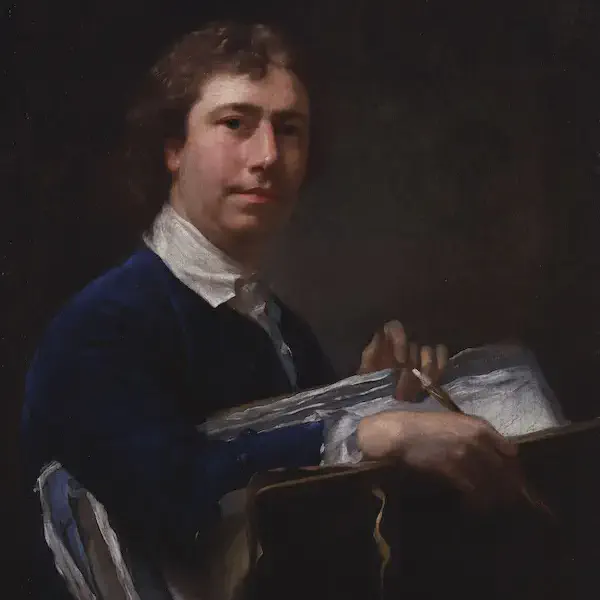
Nathaniel Hone, portrait painter, is born in Dublin
Nathaniel Hone RA (24 April 1718 – 14 August 1784) was an Irish-born portrait and miniature painter, and one of the founder members of the Royal Academy in 1768.
Warrant issued by the Privy Council to Sir John Hepburn to raise a regiment of 1,200 men to fight in the French service.
In April 1633, Sir John Hepburn was granted a warrant by Charles I to recruit 1200 Scots for service with the French army in the 1618–1648 Thirty Years War. The nucleus came from Hepburn’s previous regiment, which fought with the Swedes from 1625 until August 1632, when Hepburn quarrelled with Gustavus Adolphus.
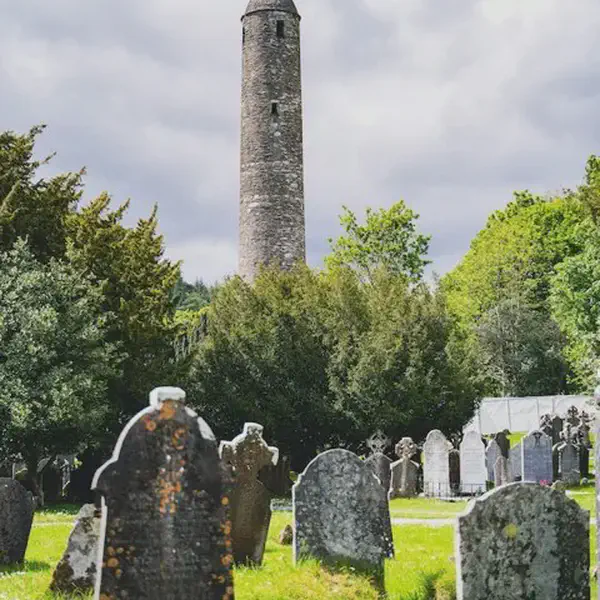
Pacificatie of Ireland drawn
The “Pacification of Ireland,” which occurred during the late 16th and early 17th centuries.

First printed book ever published in Gaelic.
It was Forms of Prayer and Administration of the Sacraments and Catechism of the Christian Faith, translated from English by Bishop John Carsewell of the Isles.